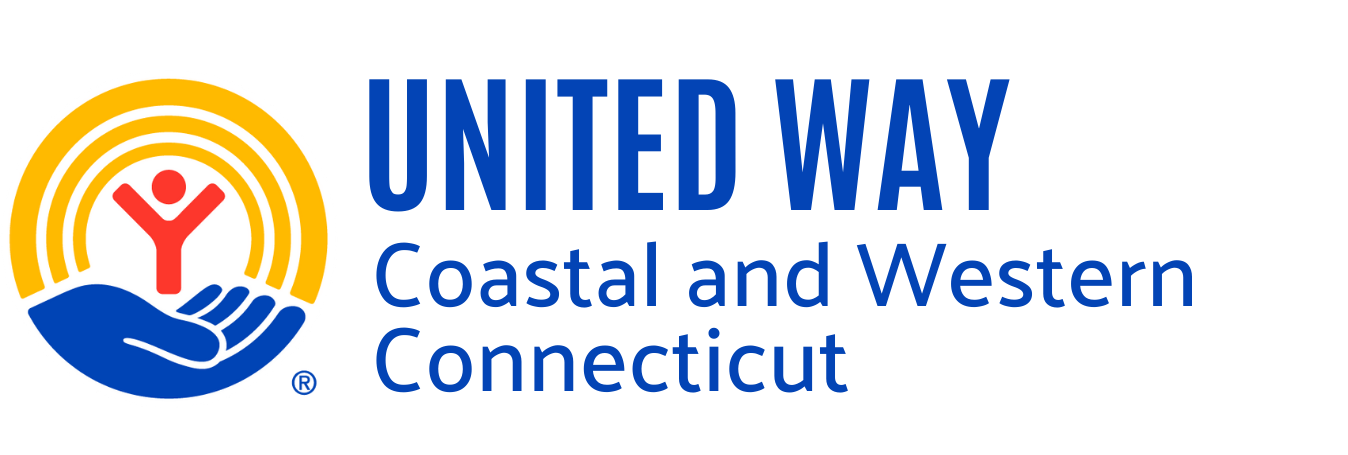
At United Way Coastal and Western Connecticut, we spend our days focused on supporting hardworking households known as ALICE (Asset Limited, Income Constrained, Employed). These are the families who help our communities run: child care providers, health aides, grocery clerks, teaching assistants, delivery drivers. They work hard, often multiple jobs, but still find it difficult to afford basic needs.
Across our region, 42% of households are ALICE or living in poverty. These families are already walking a financial tightrope, and the budget bill passed by the United State Senate on July 1st threatens to deepen hardship and push even more individuals into economic instability.
Our mission is to ensure these households are healthy, safe, and economically secure.
The budget legislation passed by the Senate yesterday runs counter to that mission. If enacted, it would undermine the very systems that support working families.
The bill includes:
- Deep cuts and stricter eligibility rules for Medicaid and SNAP, jeopardizing access to food and health care;
- Increased cost burdens on states, which will now be required to shoulder a greater share of the cost for programs like SNAP and Medicaid, forcing difficult trade-offs that could result in cuts to education, transportation, public health, or other essential services;
- New restrictions on immigrants’ access to supports;
- Significant threats to education, including cuts to school nutrition programs, student health services, and public school funding, while rising costs make higher education increasingly out of reach;
- And changes that would limit charitable giving, threatening the nonprofit sector’s ability to respond.
This bill shifts costs from the federal government onto nonprofits, states, and communities that are already strained, reducing direct support just as community need is rising.
While ALICE households will feel the impact of this legislation most deeply, it’s vital to understand that the cuts don’t just affect those who directly receive assistance, they affect everyone.
When families lose food and health benefits, it strains schools, hospitals, and employers. When students lose access to free meals or health services at school, it impacts their ability to learn and thrive. When funding shifts away from public education and the cost of higher education rises, communities lose access, equity, and the resources students need to succeed. When charitable giving is reduced, nonprofits lose critical resources.
We are grateful to Connecticut’s Congressional delegation for voting against this bill and for standing up for working families across our state. As the bill moves to the House of Representatives, we call on lawmakers to reject this legislation and instead work toward a budget that reflects the values of dignity, opportunity, and community well-being. United Way remains committed to ensuring every person, regardless of income or background, has a fair shot at a stable, healthy life.
